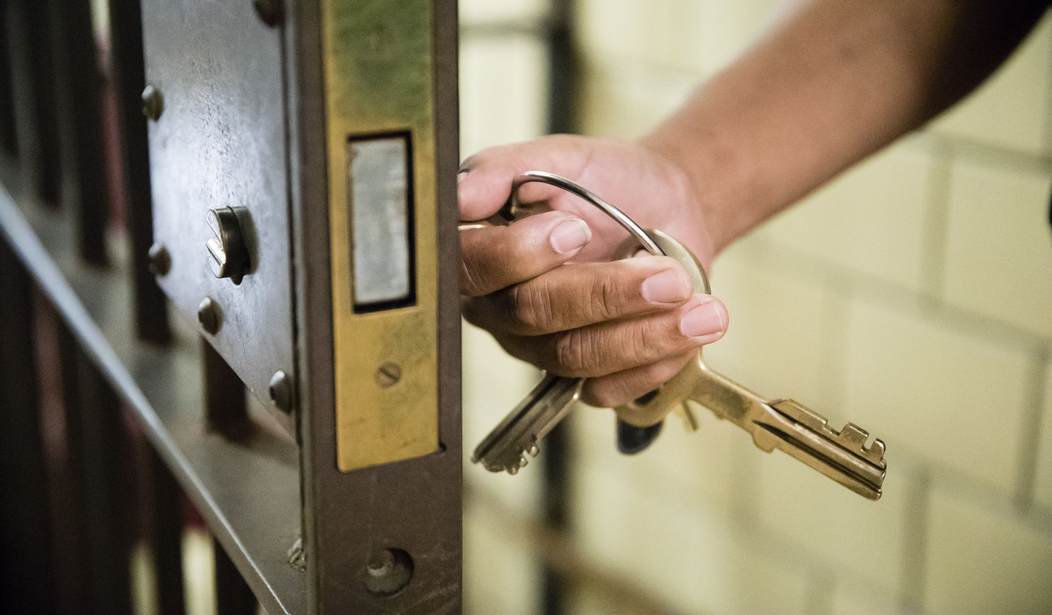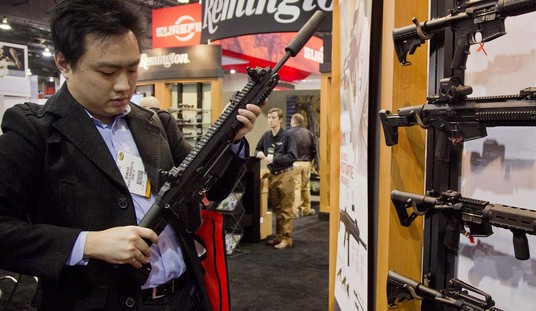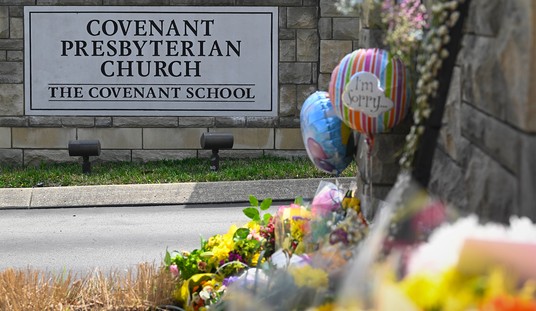Anti-gun activists are increasingly desperate to convince Americans that they don’t need a firearm for self-defense in these uncertain times. On Tuesday, Brady president Kris Brown mocked new gun owners for purchasing a firearm over the last month, while making it clear that she doesn’t believe there’s ever a good time to buy a gun. Now The American Prospect‘s Candace McCoy is claiming that, even if the coronavirus chaos causes our economy to slip into a depression, there’s no reason to think that violent crime rates will climb, so there’s really no reason to own a firearm for self-defense.
Whether the economic meltdown of 2020 will be similar to the market crash of 1929 is currently unknown. Most economists predict a deep recession, some even using the “D-word.” Millions of people have suddenly lost their jobs and are hoping that federal aid will cover their rent, medical bills, and food costs. In the meantime, fears about the virus and mass unemployment have raised anxieties about other threats, such as crime.
The worry about crime, however, has little basis. The first crime reports emerging now after the onset of the virus spread show drastic reductions in most serious street crime—over 25 percent in New York City in the first week of the crisis.
Many people think unemployment is one of the circumstances that leads to increased crime. But research in criminology shows almost no correlation between unemployment rates and crime rates. These findings are based on data on serious felonies collected in the FBI’s Uniform Crime Reports, which measure homicides, sexual assault, robbery, aggravated assault, larceny, arson, car theft, and burglary. Unemployment is linked only to a comparatively minor crime—shoplifting—not to violent felonies.
First of all, it’s absurd to look one week’s worth of data in one city and declare that everything’s going to be just fine. While New York City may have seen a drop in violent crime, other cities are already dealing with a surge in violence. In Fresno, California shootings have increased this year compared to last, and in Detroit, homicides and non-fatal shootings in April of this year are nearly double what they were in 2019.
McCoy claims that during the Great Depression, crime wasn’t much of a problem, which is a gross misreading of history. The Great Depression lasted for almost a decade, and from 1929 to 1933, violent crime did increase. In fact, the U.S. homicide rate reached a high of 9.4 per 100,000 in 1933, four years after the stock market crash of 1929. It’s true that violent crime began to decline shortly afterwards, but even in 1939 the nation’s homicide rate was 6.4 per 100,000, which is higher than our current national homicide rate of 5 homicides per 100,000 (according to FBI crime stats for 2018).
The truth is that we don’t know what will happen over the next few months. During the Great Recession a decade ago, violent crime rates continued to fall, from 454 violent crimes per 100,000 people in 2008 to 380.6 per 100,000 in 2018. Hopefully that trend will continue in the tumultuous months ahead, but there’s no guarantee that will be the case. Even if it does, we know that crime isn’t going to disappear completely, and the right to keep and bear arms in self-defense will remain as important as ever.









Join the conversation as a VIP Member